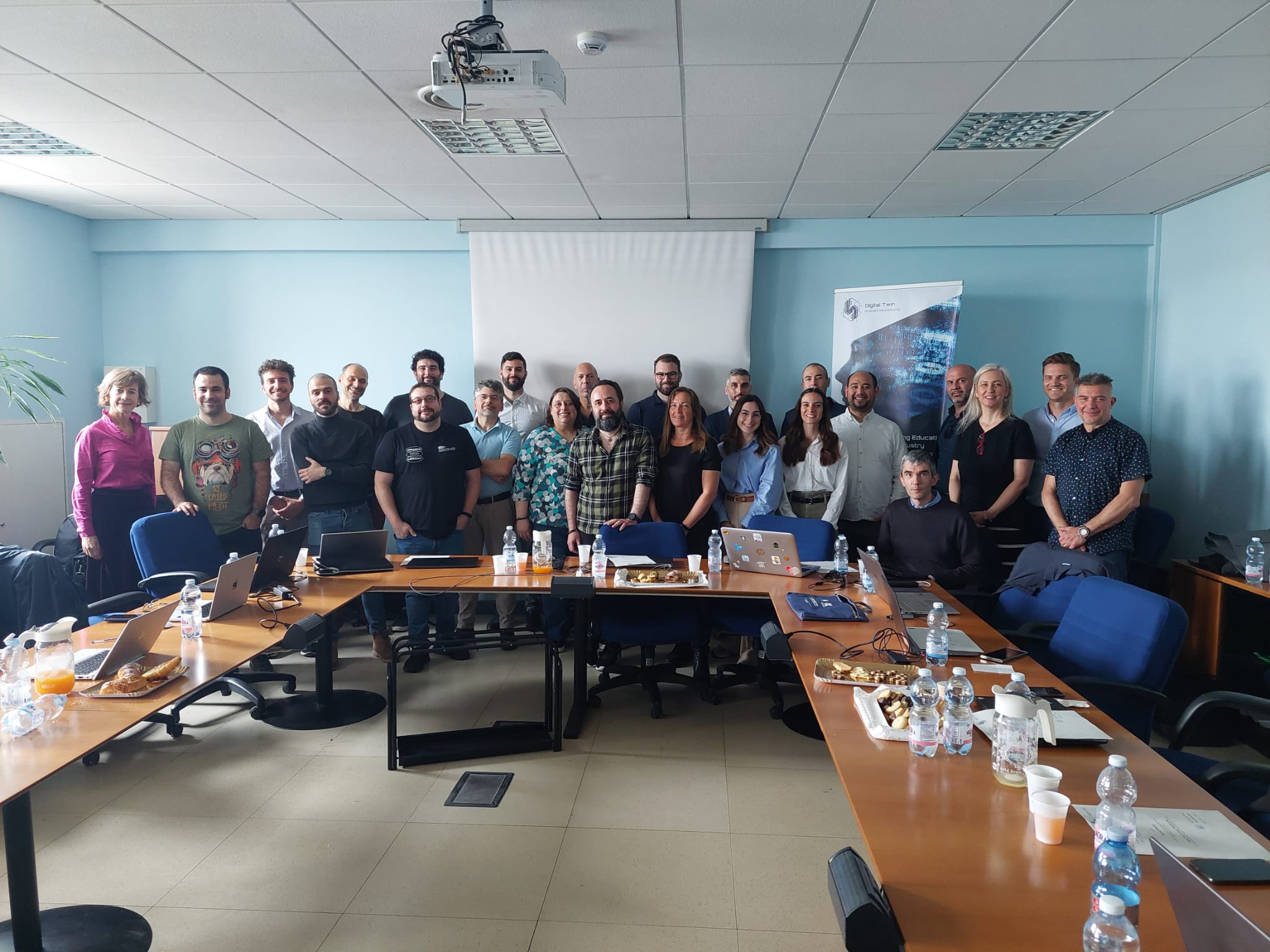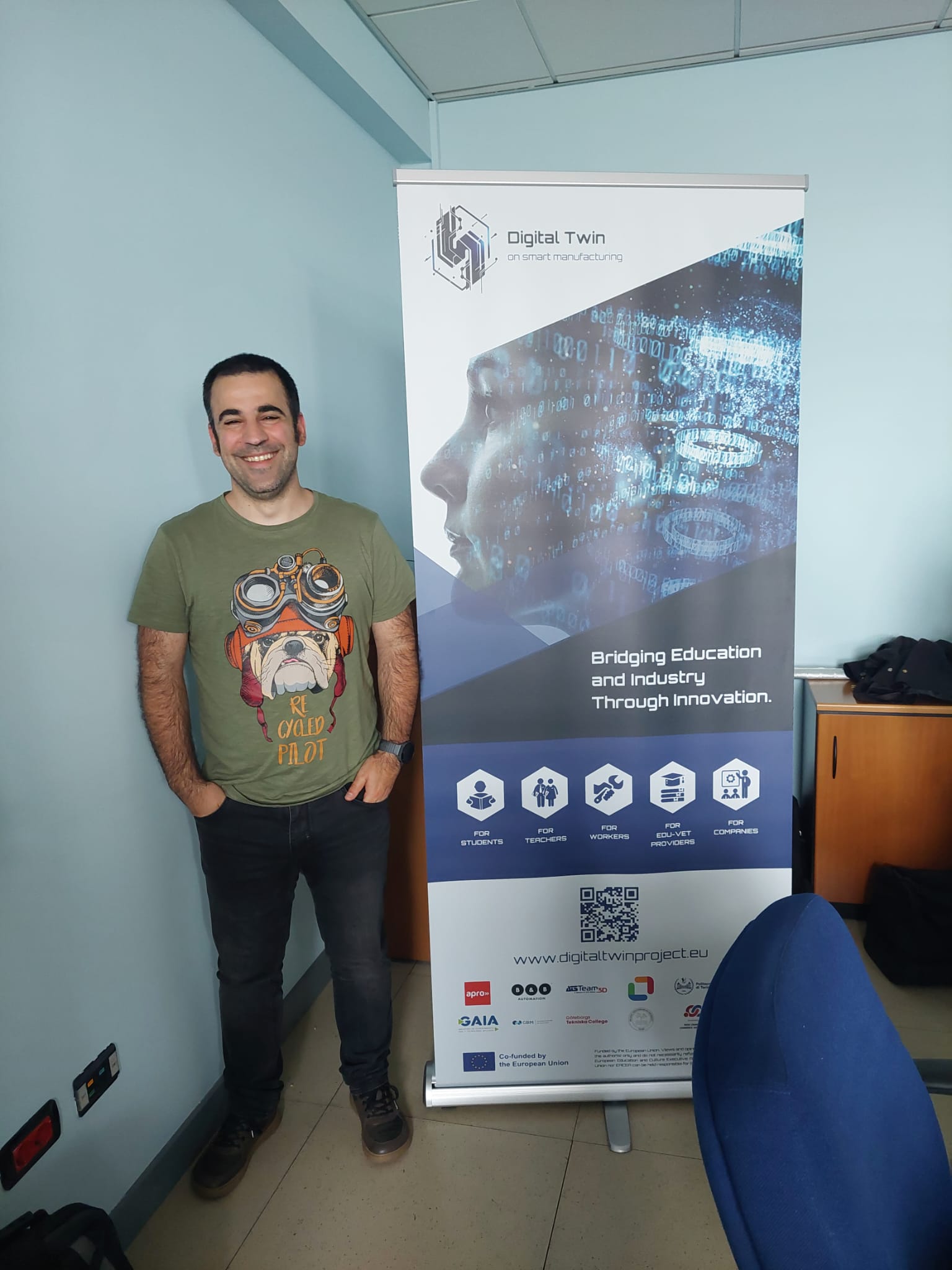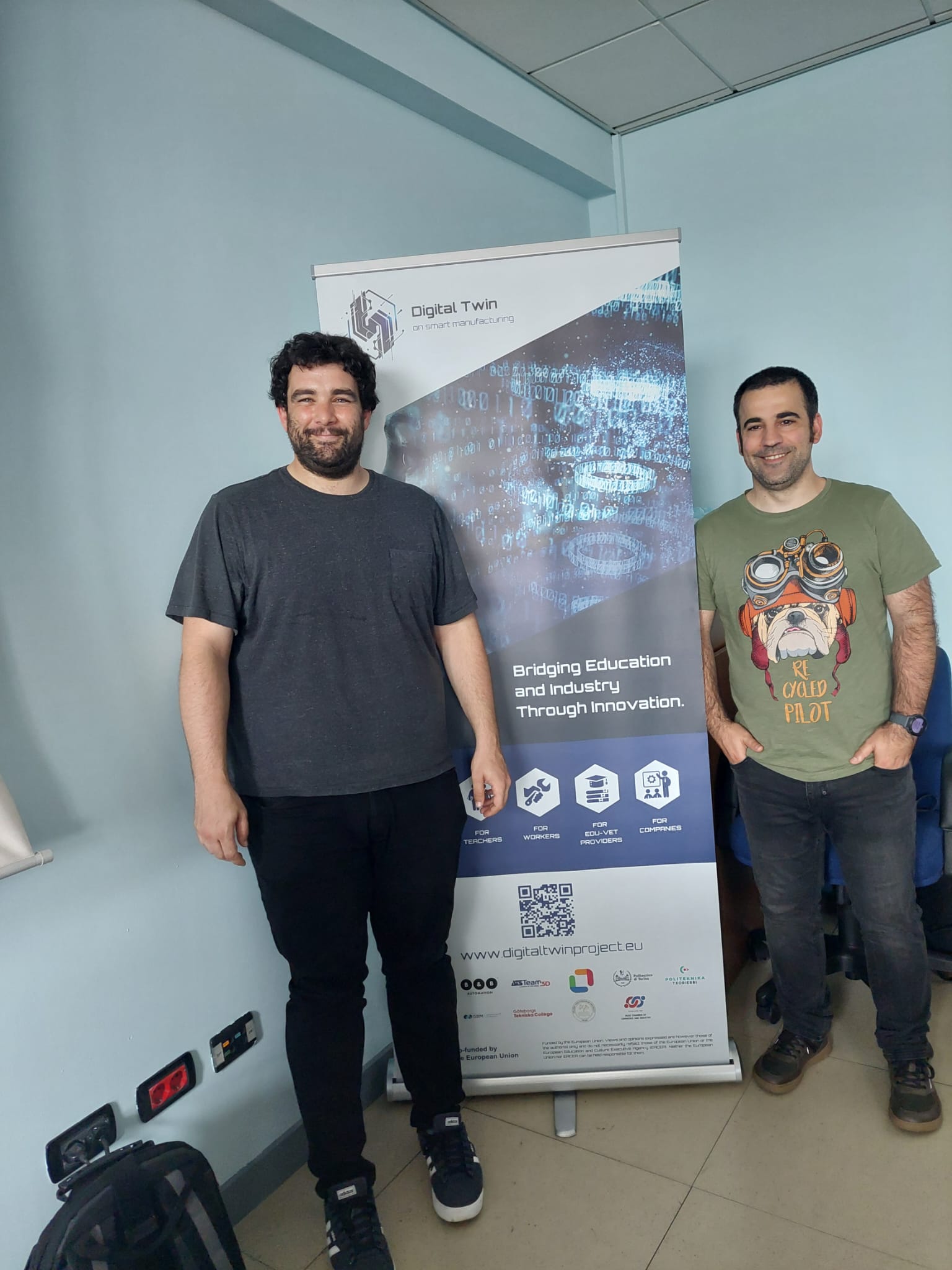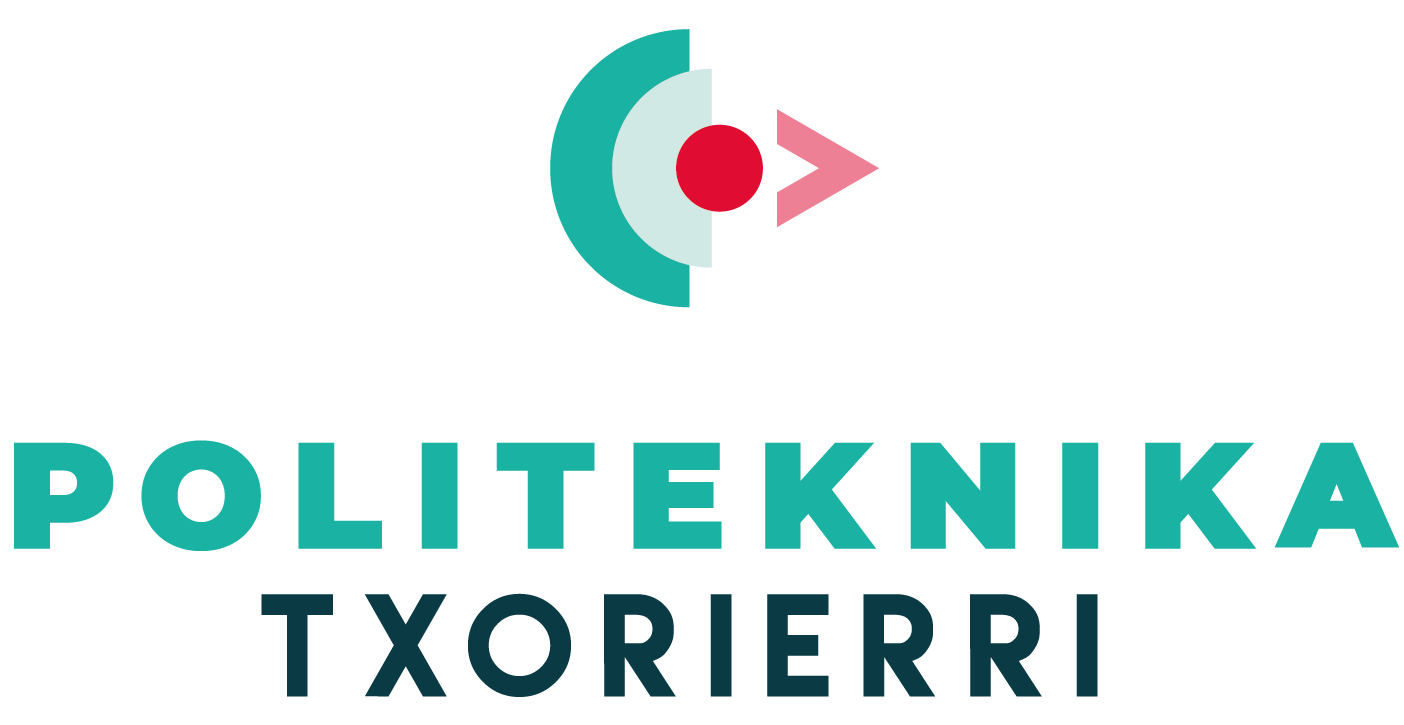- Under the name ‘Digital Twin’ the project will establish the competences needed to adapt to the needs of industry in this field.
- With a duration of three years, 11 entities from five countries are participating in the project.
- The GAIA Cluster and Politeknika Txorierri bring a very interesting perspective to the project, strengthening the approach of educational skills to the needs of the sector.
- From the early detection of possible faults in machinery, to process optimisation and resource management, digital twins offer unprecedented potential to improve efficiency and competitiveness in the era of Industry 4.0.

Donostia, 14 May 2024 – With a planned duration of three years, the Digital Twin project emerges as a solid benchmark in an increasingly digitised and connected world. Its focus is on the development of a comprehensive training pathway in digital twins, a technology that promises to transform industrial processes, from production to maintenance, among many other capabilities.

The project has been designed in a collaborative way by creating a European Digital Twin Skills ecosystem composed of educational institutions, SMEs, and business associations from Italy, Spain, Sweden, Greece and Bulgaria. Cristina Murillo and Anabel Menica, representatives of GAIA and Politeknika Txorierri in this project, emphasise that the main objective is to improve the capacity of vocational education and training providers to adapt to the demands of industry by offering a complete Digital Twin Skills pathway ranging from basic concepts to advanced applications in the manufacturing industry. Furthermore, the project is expected to boost transnational collaboration between European countries, promoting the transferability of results and good practices in the field of vocational education and training and industry.
GAIA and Politeknika Txorierri, recognised for their commitment to innovation and competitiveness in the industrial sector, bring their respective perspectives to the Digital Twin project. As leading entities in the promotion of emerging technologies and their application and use in vocational training, GAIA and Politeknika Txorierri not only contribute to the development of the training content of the project, but also play a crucial role in the identification of the most relevant and effective technologies for the implementation of digital twins in industry. In addition, their experience in collaborating with companies and other educational entities strengthens the integration of the sector’s needs and educational capabilities.
Digital twins represent a significant evolution in the way businesses interact with the physical world. These virtual representations of physical assets or systems harness the power of the Internet of Things (IoT) and artificial intelligence to predict virtually everything that will happen in the real world. From early detection of potential machine failures to process optimisation and resource management, digital twins offer unprecedented potential to improve efficiency and competitiveness in the era of Industry 4.0.
Thus, Cristina Murillo together with Anabel Menica, in charge of the project at GAIA and Politeknika Txorierri, underline that with the Digital Twin project, “not only are we creating a revolutionary training itinerary, but we are also laying the foundations for closer collaboration between education and industry in the era of Industry 4.0”.
The project, designed in collaboration with vocational education and training providers, SMEs and business associations, is aimed primarily at vocational training students, although it is also open to working professionals and university graduates in IT, electronics and related areas. “One of the objectives of this training is also to train professionals who can incorporate these digital skills as we see that this type of knowledge is lacking in companies”, adds Murillo.
The Digital Twin project also aims to improve the employability of graduates, strengthen collaboration between education and industry, and contribute to the achievement of the EU Green Agenda and the UN Sustainable Development Goals.

What is a digital twin?
A digital twin is a virtual replica, in this case, of a company, created using real-time data. In industry, digital twins are applied to improve efficiency and productivity, allowing companies to predict behaviours and optimise processes before implementing real-world changes. By simulating different scenarios, companies can identify potential problems, improve decision-making and optimise the efficiency of their operations.
In manufacturing, for example, digital twins can be used to simulate and optimise the production process, identifying bottlenecks and reducing downtime. In logistics, digital twins can be used to optimise inventory management and distribution routes, improving efficiency and reducing operational costs.
